Sessions / Zoom 14
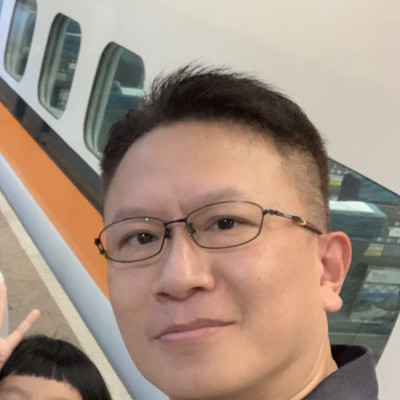
Co-Designing a Business Communication Course #578
This action-research aims to describe a business oral communication course prepared for college English majors in Taiwan and report the effectiveness of the nine teaching activities. The findings indicated that industry-specialist talks, job interviews with the industry, and case studies received unanimous approval whereas elevator speeches and simulated meetings were deemed least effective. This researcher concluded that an effective course is best achieved if co-created by the classroom instructor, the industry-specialists, and the students.


Easy and Kind Communication: Bridging the Gap #359
This session will present the core theories behind Easy & Kind Communication (or Yasashii Communication) and how it can bridge the divide between language learners. Native speakers - whether they lead a classroom or work in an office - have an important role to play in making communication successful. Learn how communicating in an easy & kind way can benefit you and everyone in your organization.

Widgets Inc.: Task-Based Workplace English Course #387
Promotional Visit the englishbooks.jp pageThis workshop demonstrates important principles in “strong” task-based and project-based instruction, using content from the 2019 ELTons award-winning course, Widgets Inc. 2nd Edition (Atama-ii Books). Teachers interested in TBLT, action-oriented approach, task-based syllabus design, task-outcome assessment, the communicative approach, a task complexity syllabus, and themed instruction will benefit. Get practical and pedagogically-sound ideas on how to target creativity, critical thinking, and problem-solving through group discussions, presentations, interviews, self- and peer-evaluation. Presented by the author.

Approaching Taboo Language in the EFL Classroom #767
Taboo language, often dismissed as “bad” language, plays an important and increasingly frequent role in the English language. However, language teachers and programs tend to avoid addressing this important aspect of the language even with advanced learners. Learn why taboo language should be accommodated in language programs as well as a description of a semester-long syllabus for a lecture-based course dealing with such language.

How Do You Know Learning Is Taking Place? #409
Promotional Visit the Pearson Japan K.K. pageOne of the challenges facing teachers who have had to move their teaching online is how to ensure that learning is still taking place. Traditional ways of assessing students’ progress are no longer applicable – so how do we move assessment online too? This presentation looks at two new online tests that can be used to place students at the correct level, monitor their progress across all four skills and be administered remotely.
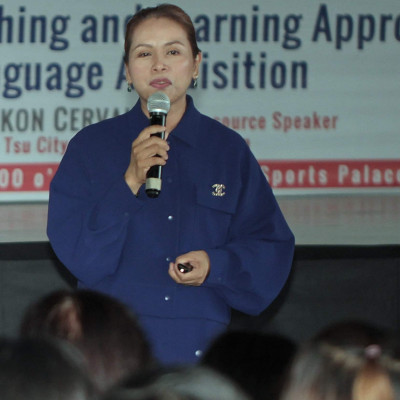
Turning Over a New Leaf in Language Learning #562
The engineering research students undertake presentations in international conferences held in and out of Japan and they have no background on idioms which is a natural part of a native speaker's' manner of communication. Hence communication mishaps and other embarrassing and frustrating situations which are inimical to success can be prevented by including the idioms topic from junior high school.The importance of idioms must not be underestimated. It must be a content in language learning.
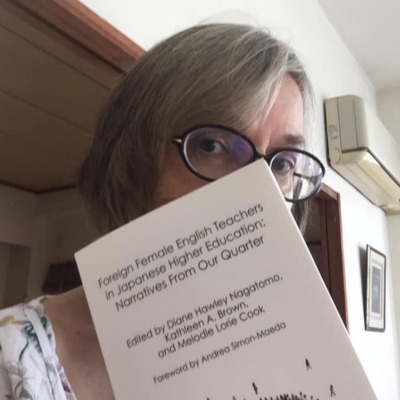


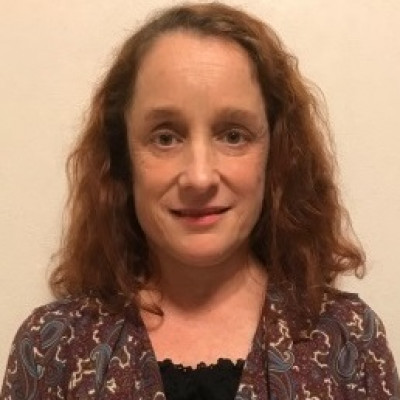
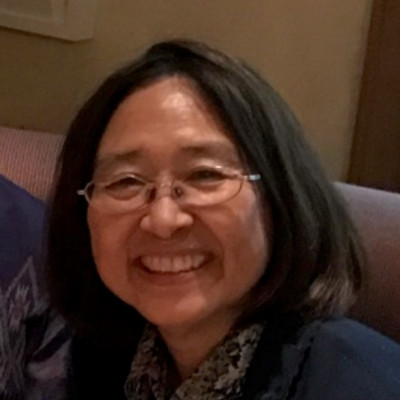


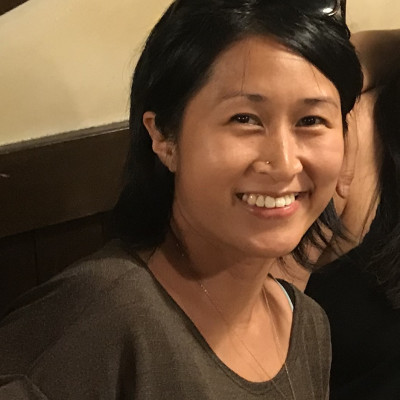
The Quarter Speaks Out: Women in Japanese Academia #254
Out of the 5,351 foreign full-time university teachers in Japan, only 967 are women (Huang, 2018). This eight-women panel addresses personal and professional issues influencing the careers of women teaching English in Japanese universities. These issues include career-building, balancing personal and professional lives, being in the minority, workplace harassment, and membership in professional communities. In addition to providing mentorship and inspiration, the panelists will invite the audience to be active participants in this innovative forum.


Expressing Disagreement in Different Communities #634
This presentation examines results of a study into Japanese college students’ expressions of disagreement in informal English-language contexts, and how they compare with those of native English speakers. It goes on to consider ways in which ESL teachers can help students develop their pragmatic discussion skills, and build the confidence which will allow them to share their opinions honestly, but in a manner appropriate for the situation.

What Do You Say When You Have Nothing to Say? #669
TESOL classrooms appear to lack instruction on how to avoid conversations the learner would rather not have. Furthermore, many learners believe that they must answer any questions asked in an English conversation classroom. This combination may inhibit learning acquisition as well as pose other problems. This presentation will share classroom techniques for ending or changing topics and techniques for politely dealing with invasions of privacy. The presentation concludes with a question and answer session.

Attitude Toward Culture as Predictor of Pragmatics #579
Since pragmatic features of every language stem in the culture of that language, willingness to learn the cultural aspects of target language might have a significant effect on the development of target language pragmatic competence. To this end, the current study was conducted to investigate the effect of instructing target language cultural features as well as the effect of attitude toward target language culture on the development of comprehension and production aspects of pragmatic competence.
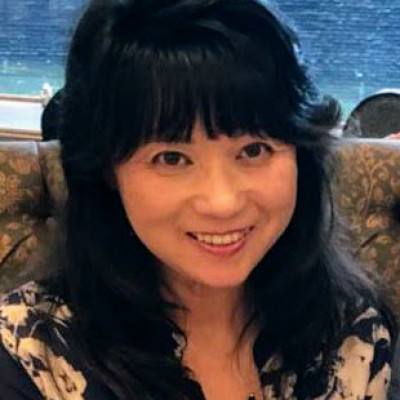
Reflection on Journal Entries in Autoethnography #713
Autoethnography is an intriguing method in qualitative research utilizing data about self to understand the connectivity between self and others. Reflecting on the presenter’s journal entries, this study explores critical factors to bridge some problematic gaps that may have hindered effective TESOL endeavors in the Japanese context. Through the connectivity in the autoethnographic approach, open dialogue with the audience can be created to collaboratively explore approaches to bridge those gaps.

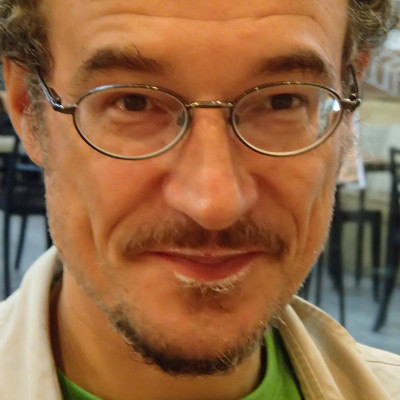
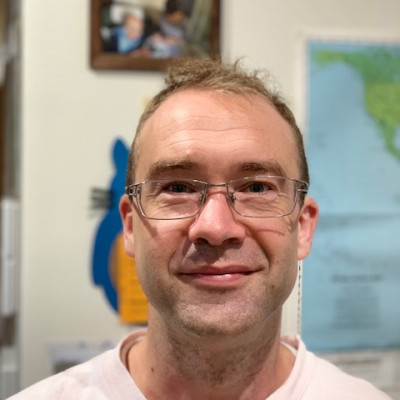
PanSIG 2021 Planning Committee Meeting #301
This is the planning meeting of the PanSIG 2021 committee and all interested in participating in PanSIG 2021, planned for May 2021 being held in Mishima (Shizuoka) at Nihon University. All SIGs should have several representatives engaging in PanSIG taking part in reviewing submissions, conducting the conference and editing the conference proceedings. Please take part in this meeting to make PanSIG 2021 happen.

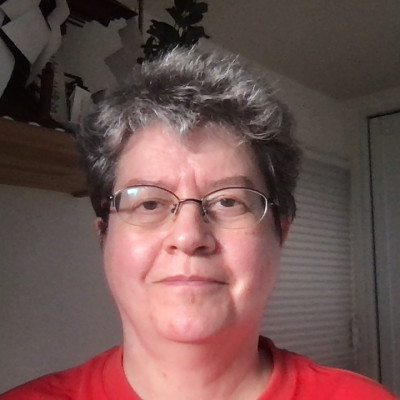

French Forum: Building French-Speaking Communities #255
Le Forum de Français portera sur trois sujets: Le premier parlera de l’histoire de la Nouvelle-Orléans en mettant l’accent sur le rôle de la langue et de la culture française. Le deuxième présentera un panorama d’ensemble des manuels de français utilisés dans les universités japonaises. Le troisième parlera de l’utilisation de la théorie du chaos dans les deux domaines de l’apprentissage des langues et de la profession d’infirmier.